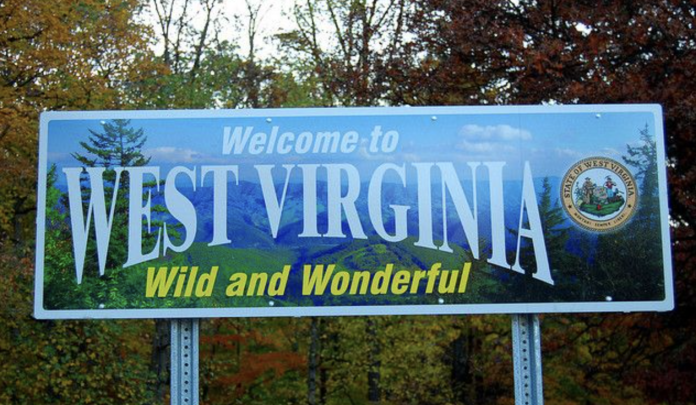The West Virginia Responsible Gaming and Research Act (RGRA) has passed the House Judiciary Committee.
The bill’s sponsor is Roger Hanshaw, the Speaker of the House while Representative Shawn Fluharty, who serves as the President of the National Council of Legislators from Gaming States, also supports the bill.
The Responsible Gaming and Research Act (RGRA) mandates that casino and sports betting operators in West Virginia provide anonymized data to West Virginia University. WVU will collaborate with the State Lottery Commission’s Department of Human Services to analyze the data.
Thepartnership aims to enhance the understanding of problematic and addictive gambling tendencies. This will help with the drafting of future legislation geared towards promoting safer gambling practices.
Sheila Moran, Director of Marketing and Communication for behavioural health organisation, First Choice Services, said of the Act: “The last national major prevalence study was done in 1999. Now, think about how much gambling has expanded in since 1999. Quite a bit. So that’s the best statistics we have. There’s never been a prevalence study done here in West Virginia.
Most of the research that we have in the gambling addiction field is based on self-report, and we all know that sometimes people aren’t forthright in self-report.
You know, they’ve done studies on things like alcohol consumption and physical activity and church attendance. And when they compare what people say they do versus what the data shows, there is a discrepancy. So no surprise. Same thing with gambling, especially problem gambling.
Therefore, I think it would be very interesting to have the actual data from how people are truly behaving online, how they’re spending money. We know that there are certain tells in the data that will indicate problem gambling, and we would really like to know how much of that we’re dealing with that would help us, help us know how to target our efforts.”
The RGRA also addresses privacy concerns for customers by ensuring that any data provided through the Act, will not be considered a public record. This means that it will not be available through Freedom of Information Act requests. Now that the RGRA has moved out of the judiciary committee, it will now be considered by the West Virginia House. No set date has yet been confirmed for its first reading in the House.




























